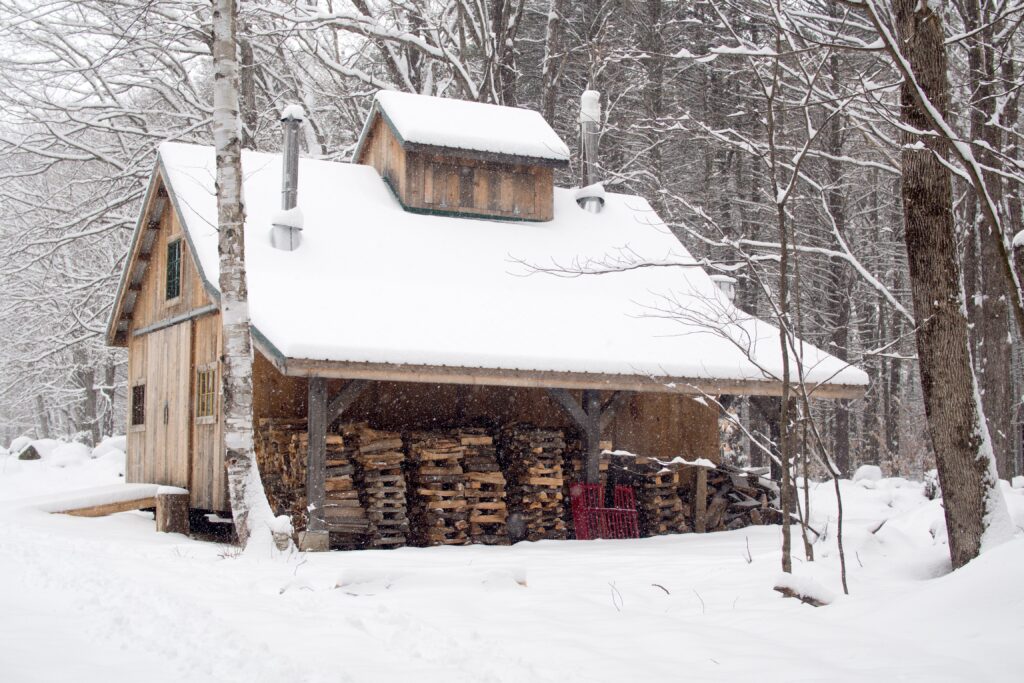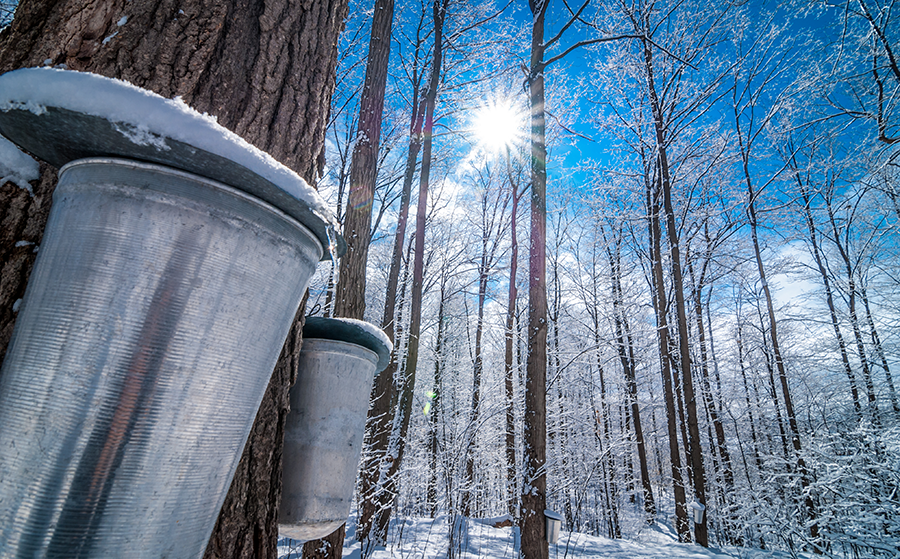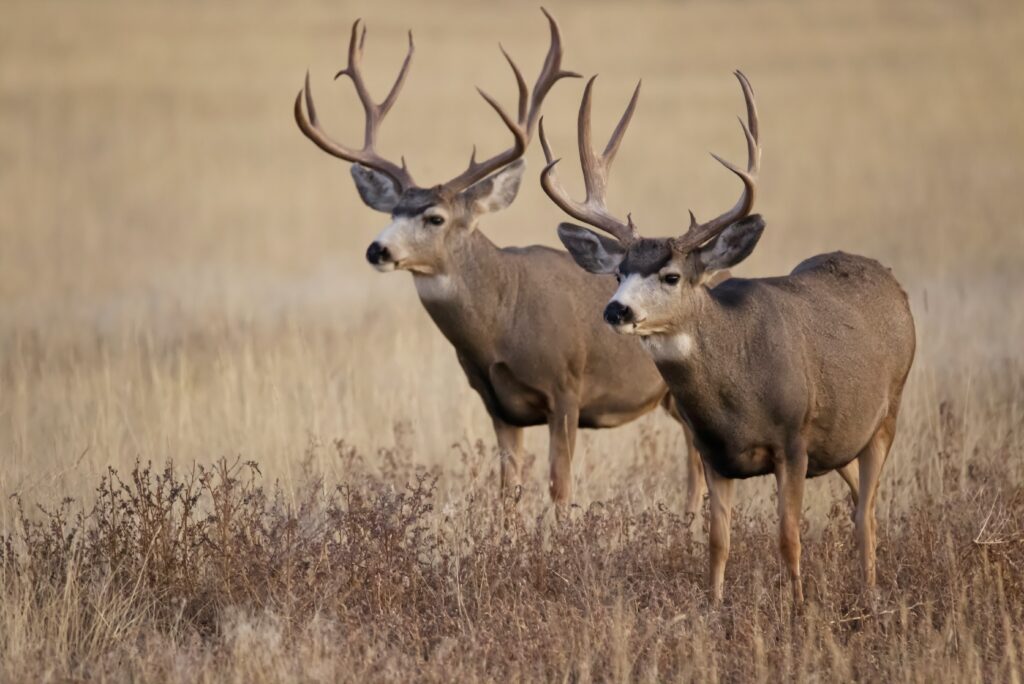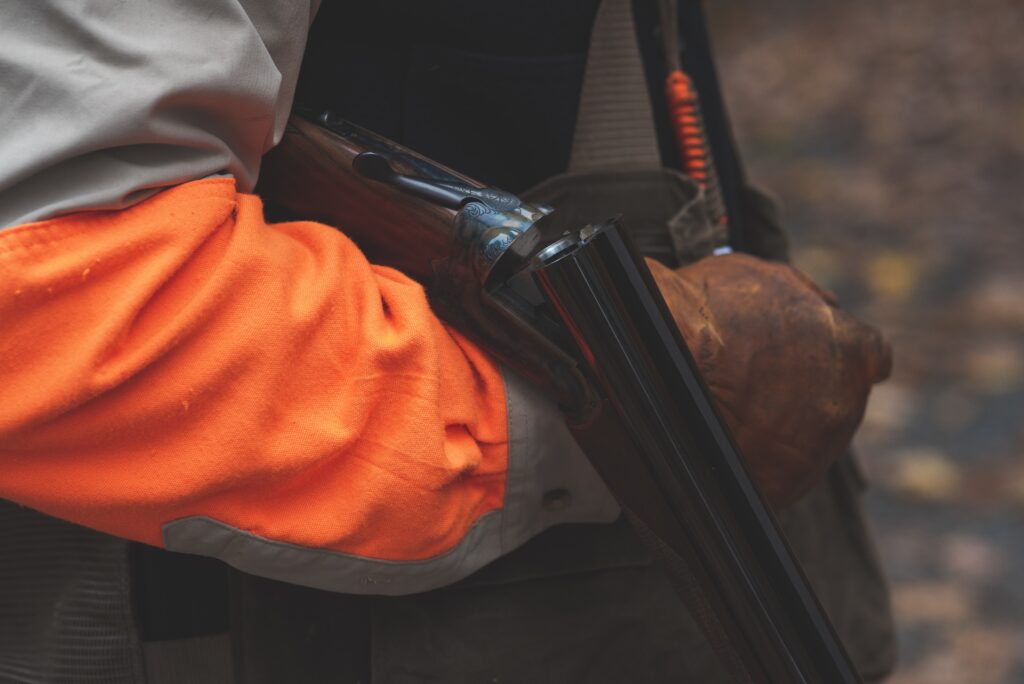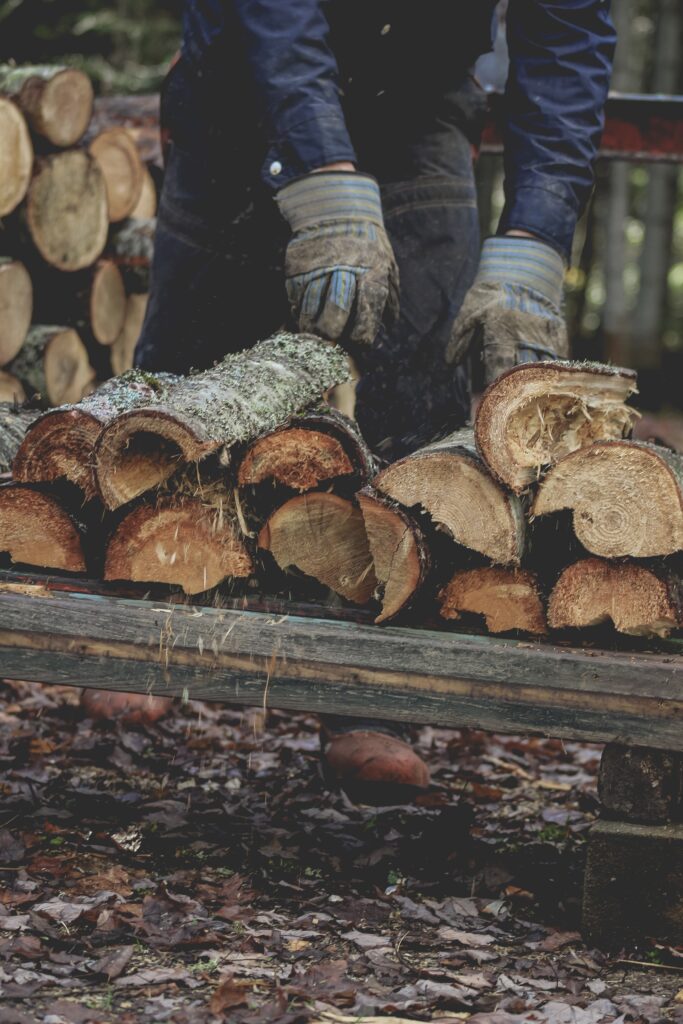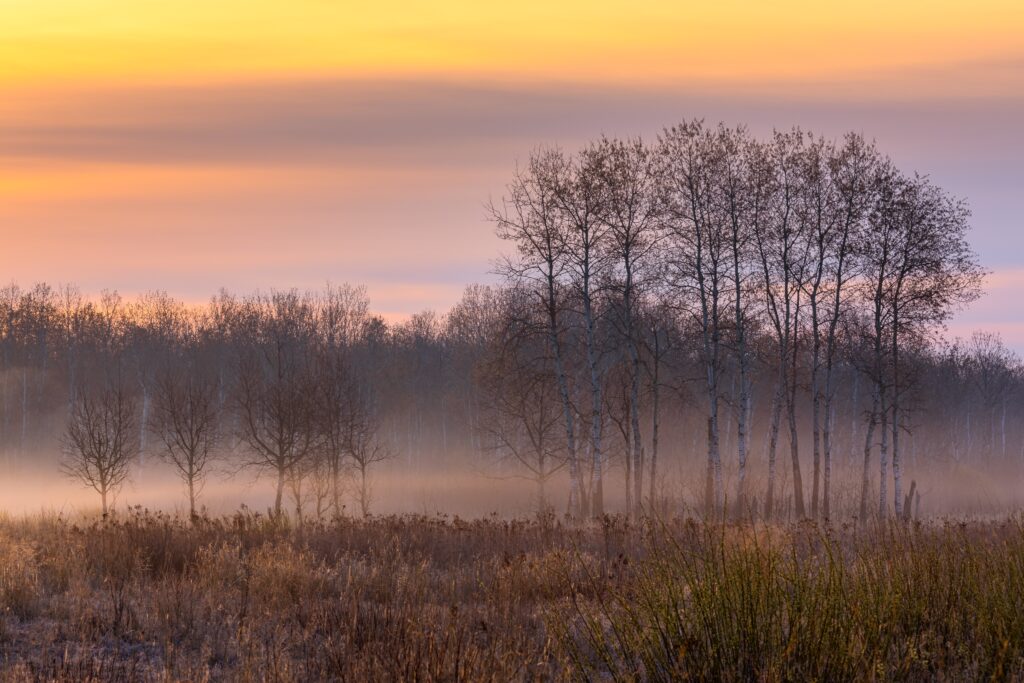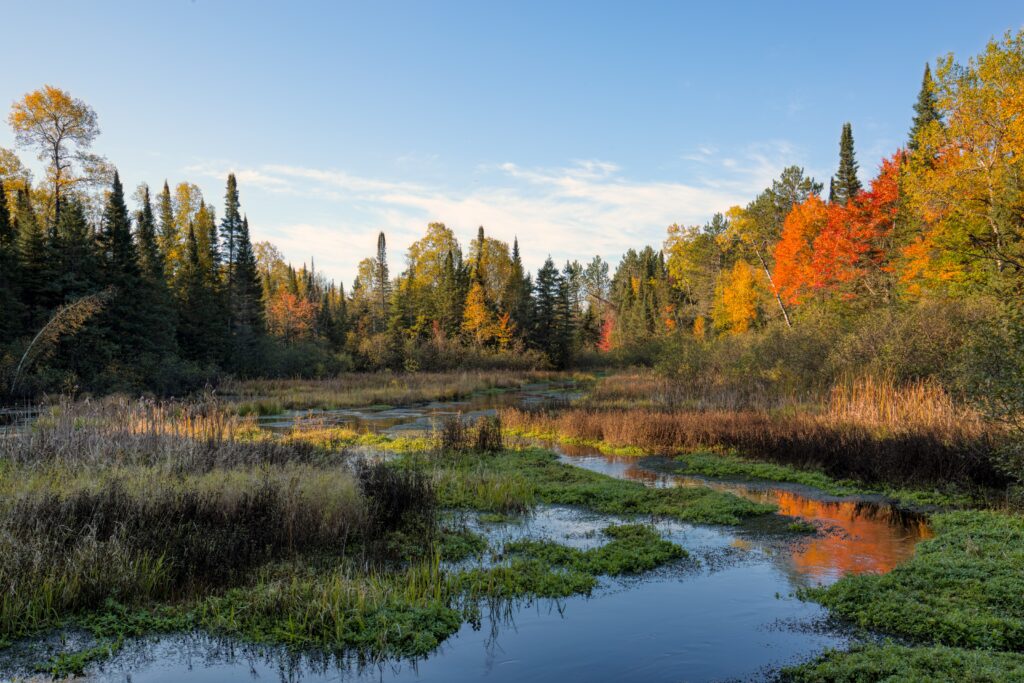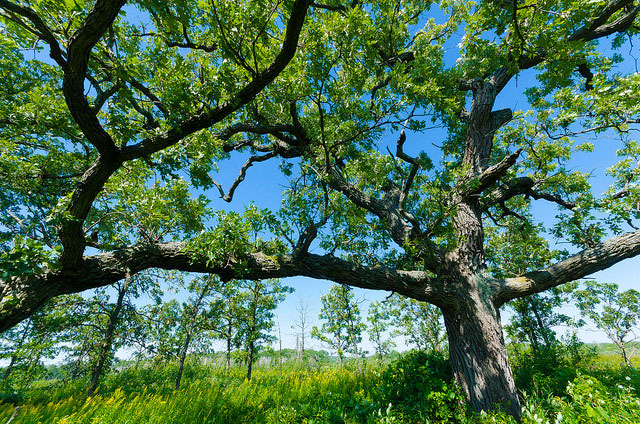
Forest Land Leasing Options
Landowners can lease their woodlands for sustainable purposes like maple syrup harvesting and hunting, and it’s worthwhile to address issues specific to each activity.
MAPLE SYRUP HARVESTING
Tony Johnson of the UW-Extension suggests making an agreement on what type of equipment is going to be used — whether it is taps and buckets or the installation of some kind of multiple-tube system. He recommends taking a look at Defining Modern Sustainable Tapping Guidelines for Maple Syrup Production to be well-informed about the process.
“Maple syrup is harvested in the spring, and that can lead to ruts and root damage in woodlands with heavy loads of maple sap coming out of the woods,” says Johnson. He recommends A Landowner’s Guide to Building Forest Access Roads for guidance on this.
HUNTING LEASES
According to the American Forest Foundation, hunting leases are a low-stress way to profit from your woods. A hunting lease is an agreement between the land owner and hunter where leases pay the land owner a fee based on the number of acres and a specific time.
Bowhunters United estimates that, while leases vary by location, hunters generally pay from $10 to $40 per acre annually. That means a 40-acre hunting lease could generate as much as $1,600 in good deer hunting areas.
“It’s important to have an agreement with hunters that protects your trees,” says Johnson. “Have an understanding about what type of equipment the hunters will use in your trees. I would recommend against screw-in ladders for tree stands — particularly if you have a forest management plan, and you are thinking about the regeneration of trees. Some hunters will want to clear out shooting lanes. Make sure they have an understanding of what is ok with you and what is not.”
For both hunting and maple syrup leases, Johnson advises an agreement that requires the lease to remove equipment and trash left over from their activities.
Also, there are two options of Managed Forest Land (MFL) agreements with the State of Wisconsin, and those contracts will affect the leasing options. MFL is a landowner incentive program where, in exchange for following sound forest management, the landowner pays reduced property taxes.
One MFL option makes the land open to the public and the other is closed to public access. The MFL option that land owners select can affect their ability to lease their land for hunting purposes. There is difference in tax rates for open and closed MFLs.
AN ALTERNATIVE LAND ACCESS AGREEMENT
Doug Duren manages a 400-acre farm near Cazenovia that has been in the Duren Family for 115 years. He believes in sharing access to his land in exchange for conservation assistance.
“I’m putting my land where my mouth is,” Duren explains. “Over 40 people accessed our farm last year, and I didn’t have an issue with any of them. All of them made a contribution to conservation in some way — public work, work on our farm or deer management on the farm.” Duren has developed a website to help landowners and access seekers find each other.
“The idea is to reconnect people with the land and with each other, and the Sharing the Land model does just that. Landowners can go to our website, Sharing the Land, and fill out a profile that is kept confidential. The owner decides about what they are looking for from an access seeker. We have an agreement form they can use. Access seekers fill out a conservation resume. We make connections and sent the conservation resumes to landowners. We do the leg work and the land owner and access seeker take it from there. We offer an agreement form they can use.”
Duren shares a land ethic mantra that guides his land management decisions. “It’s not ours — It’s just our turn.”

